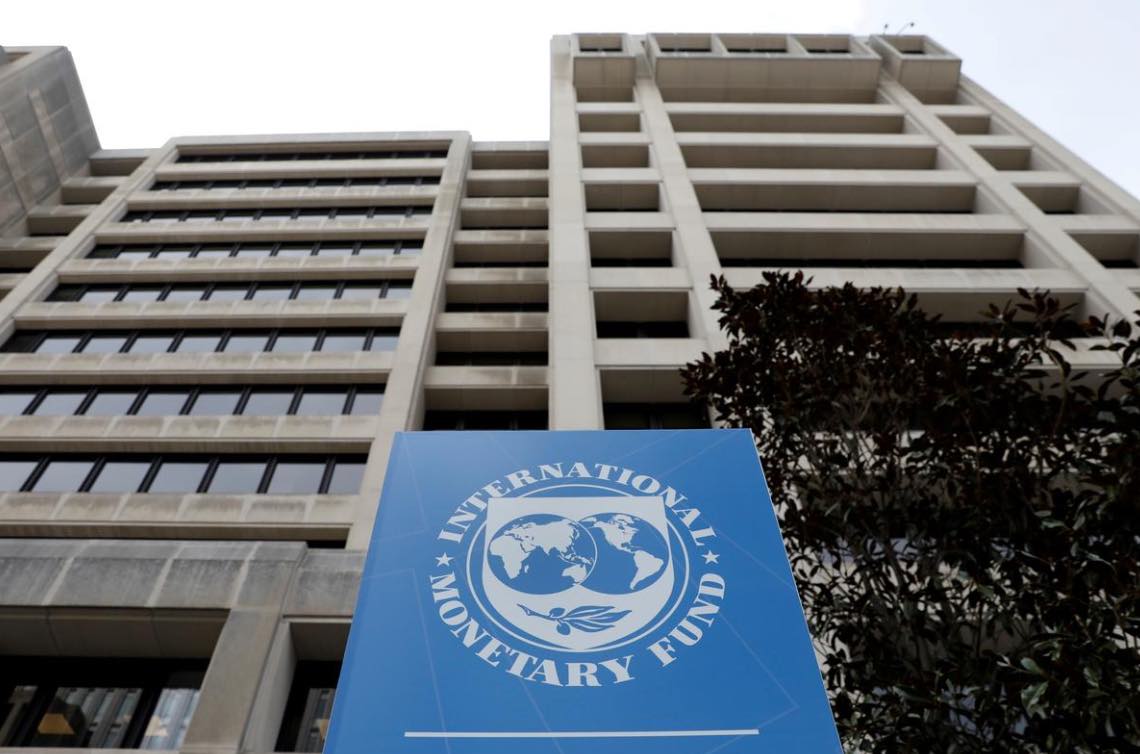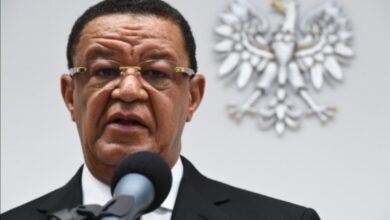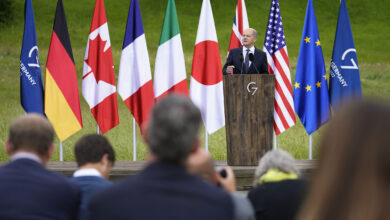Press conferences with Juliette Binoche and Richard Gere took place this morning at the Sofitel Gezirah. Binoche will leave Cairo tomorrow morning and Gere is planning to stay for a while as his son and his wife are travelling with him.
The first conference was with Binoche. The French actress was accompanied by Egyptian actor Amr Waked who introduced Binoche and fielded and translated the questions for her. Binoche was particularly enthused by the Egyptian spirit of motherhood that she felt was embodied in the goddess Isis. No one asking questions took her lead in that matter though, and she was quizzed mainly on political issues, denying that either her work with Iranian director Abbas Kiarostami (“Certified Copy”) or her decision to work on “Blue” was political. The latter, according to Binoche, is a story about a mother and nothing political at all. For those insisting on politicizing her acting choices, she mentioned enjoying very much her work on “In My Country,” a film about the Truth and Reconciliation project in South Africa.
Binoche seemed to know very little about the CIFF and the honorary award she received Tuesday night at the opening ceremony, but was very passionate about her interest in the shape of the award–a woman holding a pyramid–which she believed reflected the lives of actors and directors. She went on to explain that the pyramid was symbolic of the actor; both must have a strong base to survive and both are filled with mystery. Binoche also explained that her work with amazing directors like Kiarostami would keep her from ever feeling the need to direct a film herself.
Gere fared relatively better, although the first question fired his way had to do with his belief in Buddism and reincarnation. With the grace of a seasoned actor, Gere explained that reincarnation was a constant process, one that occurred every moment and not, as some believed, the idea that you would remember who you were in another life. Gere spoke about the foundation of his career in college and how he knew then that acting would become his life. All the same, he explained that he was originally against starring in “Chicago” because he thought the musical lacked a story but that the script for “Chicago” the movie was “brilliant.” He went on to liken the filming process of Chicago to “eating ripe fresh fruit.”
Accompanied officially by Dalia al-Beheiry and unofficially by Ezzat Abu Ouf, much of the press conference was spent discussing projects with the two actors, leaving the press in a voyeuristic position. When Gere was asked if he would ever return to the stage, he explained that the time commitment involved in theater work would keep him from one of the most important parts of his day, putting his son to bed.
Gere apparently plays music on a daily basis during his free time and explained that his family of musicians would scare his girlfriends away in school by breaking into 16-part harmonies and playing piano and trombone for them. Of course, the press could not pass up the opportunity for more political conversation and Gere was inspired to tell a story of visiting Israel and the West Bank. While staying with Israeli friends he decided to visit the West Bank when it was “on curfew” and despite his friends warnings, insisted on venturing into Ramallah. Apparently “governmental officials in Ramallah” were honored that Gere visited them and were “surprised that someone would visit and not worry that Palestinians were dangerous.”
When asked what he thought of the US occupation of Iraq, Gere explained that the decision to go to war in Iraq was one that the American people were not in support of and that the administration at the time “bullied” Americans into the decision. He blamed the situation on a very “poor president.”
Gere’s latest project has been a movie called “The Double", an end-of-the-Cold-War spy movie directed by Micheal Brandt. Has Gere, the Buddhist and superstar, found happiness? Yes, in his marriage and the birth of his son.




